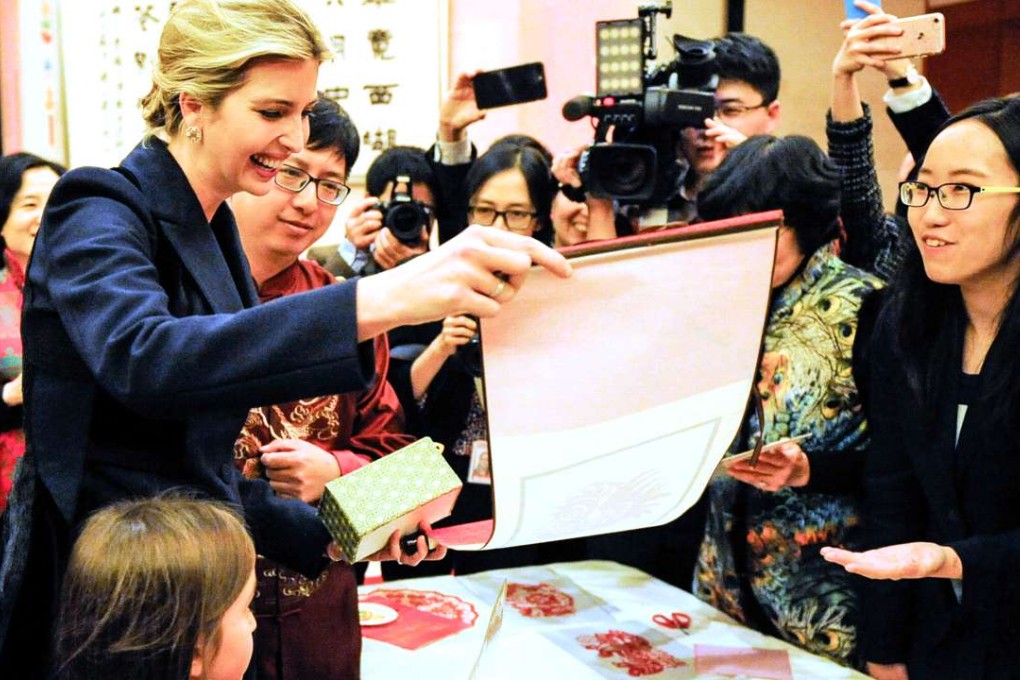China Briefing | Ignore the media, when it comes to China, there’s method in Trump’s madness
American president’s handling of the Sino-US relationship has been widely panned but follows his maxim for negotiations – keep your intentions secret and your opponent confused

Ever since Donald Trump launched his presidential campaign, he has been engaged in an intensifying war of words with the mainstream American media. The fact that he has defied such attacks to become the American president says much about the influence and reach of Twitter, the social networking service that lets him bypass his critics in the more traditional media sphere.

Trump still has plenty of room to manoeuvre on Taiwan despite one-China pledge, analysts say
People in this part of the world have long relied on mainstream media reports for perspectives on American politics. Those reports are rich in negative adjectives characterising Trump and his policies as erratic, dishonest, compulsive, irrational, unpredictable, provocative, confrontational or even mad.
At first glance, Trump appears to fit such descriptions, particularly when it comes to international diplomacy and the way he has handled complex Sino-US ties, one of the world’s most important bilateral relationships.
WATCH: Trump talks by phone with Taiwanese president Tsai Ing-wen
He began with fiery campaign rhetoric targeting Chinese exports and the yuan, then, unfathomably, he escalated the tension soon after his election (but before his inauguration) by taking a phone call from the Taiwanese leader Tsai Ing-wen in December, thus breaking a long-standing diplomatic norm and risking setting back relations with China big time.
